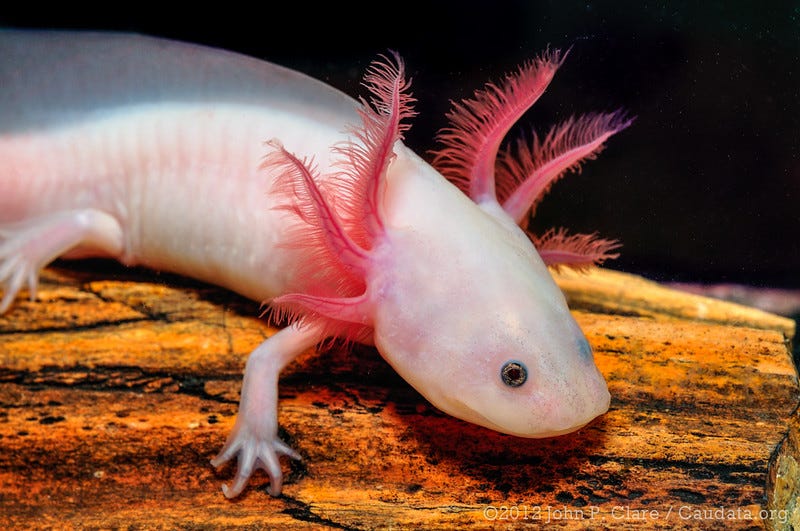'Coffee' shops selling illegal wildlife products to tour groups in Laos
An investigation has discovered more than 20 shops on a trail popular with Chinese organised tours selling products from ivory to rhino horns
“Coffee” shops on tourist routes in Laos are selling illegal animal products including ivory, rhino horn and bear bile, according to a new investigation. Investigators from Mongabay and the Global Initiative Against Transnational Organised Crime also found several Chinese medicinal products which use wild animal parts as ingredients.
It is unclear whether the coffee shops actually serve coffee, but they certainly serve other, more illicit products.
The report found more than 20 locations across Luang Prabang, a town in the Vientiane region. The region is popular with elderly Chinese tourists who go on organised, all-inclusive tours via the China to Laos railway. The shops selling wild animal products are catered towards these Chinese groups.
Traditional Chinese medicine is a key driver of wildlife trafficking worldwide. Its practitioners believe that different animal products have medicinal properties and can treat issues like constipation, headaches, or even impotence. Powders made from dried seahorses, rhino horns, or the stomach bile of bears is commonly used.
The investigation claims that the tour companies receive between 20 and 40 per cent commissions to deliver an estimated 11,000 tourists a year to the shops.
You can read the Mongabay story here, while the Global Initiative’s detailed report is available here.
Nigeria: More than 400kg of pangolin scales were found last week during an investigation codenamed Operation Orange. The discovery was made by customs officers in the Kano region of northern Nigeria. Undercover operatives arranged a meeting with a suspected trafficker and arrested him when he showed them the scales. (Focused Conservation)
Ghana: Illegal gold mining has been blamed for a decline in the number of fish in Ghana. Illicit miners often use mercury to separate gold deposits from water. This mercury is then released into the water where it can poison fish. Ghanaian fishermen say they are losing their livelihoods because of the resulting depletion in fish stocks. (Joy Online)
Malaysia: A syndicate breeding chickens for cockfighting has been broken up in Malaysia. The raid, carried out last week, saw two Indonesian men arrested and 470 fighting cocks seized. Officers also found 40 cockfighting blades. (New Straits Times)
Australia: Indigenous rangers say there has been a spike in illegal fishing off the coast of northern Australia. Prosecutions in the territory have more than tripled in the past 12 months according to official data. Aboriginal ranger groups have requested stronger enforcement powers in a bid to deal with the issue. Foreign fishermen are believed to be targeting sea cucumbers and shark fins, which are popular in China. (NT Independent)
Costa Rica: Critically endangered amphibians were rescued during a raid in Costa Rica. Two Mexican salamanders, a beautiful animal which is included on the IUCN’s list of highly endangered animals, were found offered for sale. Eleven turtles were also seized. The animals are now receiving specialist care. (Tico Times)
USA: Wyoming law enforcement officers are appealing for information on a grizzly bear that was apparently shot dead along the Deep Lake Trail in Park County. It is illegal to harm or kill a grizzly bear and they are listed as protected. (USFWS)
Israel: Researchers have discovered a new technique using advanced genetic tools and DNA databases to prove when animals have been poisoned. The discovery, made by academics in Israel, has been hailed as a possible breakthrough in wildlife crime investigation. (Phys)
USA: The US Senate has passed a bill to block the import of illegally sourced red snapper and tuna fish. National scientists will now develop a standard method of identifying country of origin. If successful then this could be turned into a field kit that can be used at the point of entry to determine where the fish was caught. That could make it easier to identify illegally caught fish. (News 19)
Argentina: Regional governments in the south of Argentina have issued a warning to Chinese, South Korean and Spanish vessels that they are illegally fishing in Argentina waters close to the British-owned Falkland Islands. The coastguard has recently introduced real-time monitoring in a bid to deal with the issue. (Noticias Ambientales)


